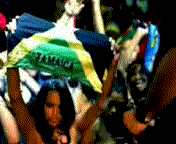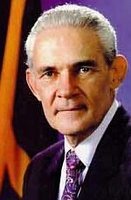
Michael Manley – (December 10, 1944 – March 6, 1997)
The Most Honorable Michael Manley was one of the most outstanding political figures in the post-colonial history of the
His pioneering legislative program of social reforms in the 1970s and his role in the formation of the Caribbean Community (CARICOM) and later the Association of Caribbean States (ACS) guarantees him a prominent place in modern 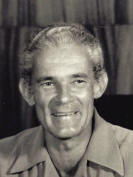 A rounded man, he was an aficionado of sports and the arts, and in his twilight years earned distinction as a coffee-farmer and horticulturist, winning several awards for his roses.
A rounded man, he was an aficionado of sports and the arts, and in his twilight years earned distinction as a coffee-farmer and horticulturist, winning several awards for his roses.
Michael Manley was driven by a passionate concern for equality and justice. Writing in 1975, he stated that in
Early Life
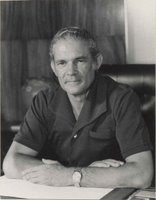 Michael Norman Manley was born in
Michael Norman Manley was born in
Educated at
and Caribbean Labor Congress, Manley campaigned against racial discrimination in
All three issues were to remain central elements of his political thought throughout his public life. After graduation from LSE, Manley worked as a broadcast journalist with the External Services of the British Broadcasting Corporation (BBC), then returned to
In April 1952 he joined the People's National Party (PNP) and began to work with the newly formed National Workers Union (NWU). Between 1955 and 1972 Manley was the chief negotiator for the NWU. His contribution to the Jamaican labor movement was outstanding. He established a modern labor contract for bauxite/alumina workers and modernized labor negotiation practices in the sugar industry. He founded the Caribbean Mine & Metal Workers Federation and was its President for 13 years.
Political Career
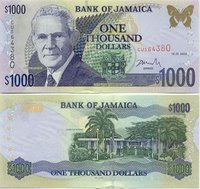 In 1962 Michael Manley was appointed to the Jamaica Senate. Five years later he was elected Member of Parliament for
In 1962 Michael Manley was appointed to the Jamaica Senate. Five years later he was elected Member of Parliament for
Michael Manley served as Prime Minister of Jamaica for 11 years. He led the PNP to victory in three general elections (1972, 1976 and 1989) but lost the 1980 general election. His tenure as the country's political leader was noted for its array of social and legislative reforms. These included the establishment of a national minimum wage, maternity leave with pay, the right of workers to join trade unions, the repeal of the Masters and Servants Act, the establishment of a National Housing Trust and the introduction of a bauxite levy, a land reform program, a national literacy program, and a Status of Children Act which ended discrimination against children born out of wedlock. He vigorously promoted education at all levels, cooperative development, worker participation, and national and community self-reliance.
At the international level, his was a highly respected voice, especially in such bodies as the
In 1977, because of his consistent advocacy of a New International Economic Order with a more equitable deal for developing countries, Manley was elected Vice President of Socialist International. As a distinguished leader of the organization, he chaired the Socialist International Economic Committee. The findings of that committee were later published in 1985 as Manley's fifth book, Global Challenge: From Crisis to Cooperation: Breaking the North-South Stalemate. The Socialist International made him its honorary President in 1992, a position he held until his death on
Awards
Michael Manley received eight major Awards. These include:
• Jamaica's Order of Merit (OM)
• Order of the Caribbean Community (OCC)
• UN Gold Medal for "significant contribution in cooperation with the United
Nations and in solidarity with the South African liberation movement in the
international campaign against apartheid"
• World Peace Council's Juliot Curie Peace Award for "contribution to the
struggle of the Jamaican people and all people of the non-aligned world
fighting for economic independence"
• Socialist International's citation for "contribution to the world economic
debate on the New International Economic Order and for contribution to
the deepening of democracy in Jamaica and the Caribbean".
In June 2004 he was a posthumous recipient of
